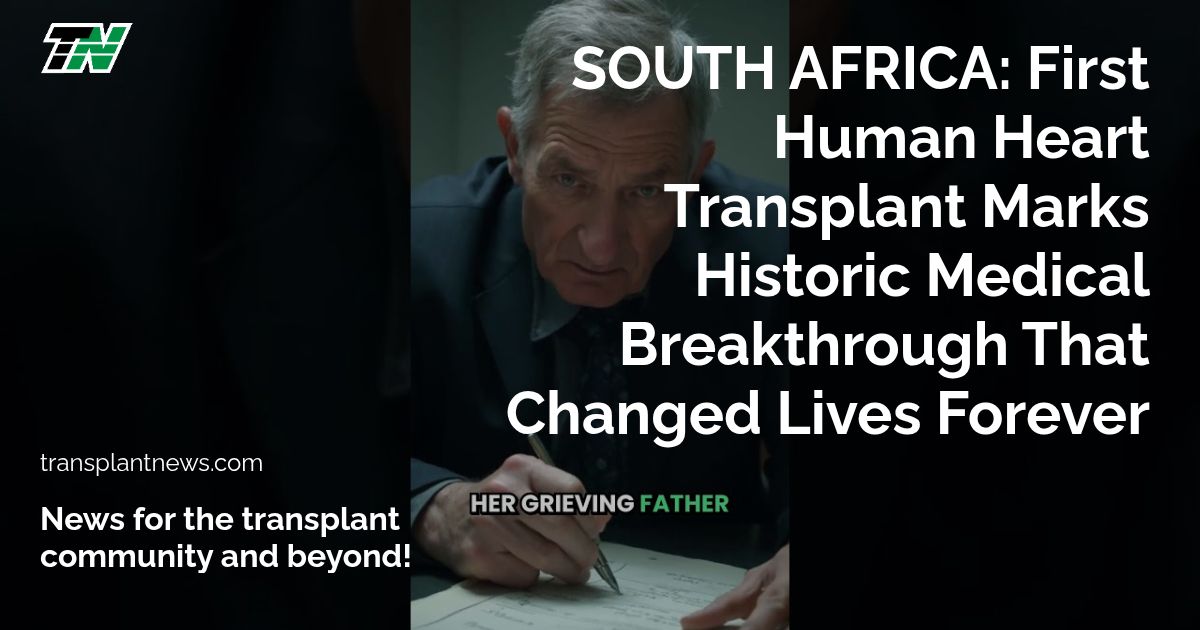SOUTH AFRICA: December 3rd, 1967, stands as a pivotal moment in medical history as Dr. Christian Barnard and his dedicated team in Cape Town executed a groundbreaking heart transplant. In a race against time, they prepared to implant a donor heart from 25-year-old Denise Darval, who tragically lost her life in an accident. Her grieving father made the courageous decision to donate her heart, igniting a journey that would change the face of medicine forever.
For nearly six hours, the surgical team worked meticulously, removing the failing heart of 53-year-old Louisie Wkanssky and replacing it with the vibrant organ from Darval. As the operation concluded, silence hung in the air until—against all odds—a heartbeat resonated through the operating room. This remarkable moment marked the first instance of a human living with another person’s heart, sending shockwaves of astonishment across the globe.
The heart transplant sparked fierce debates—some hailed it as a miracle; others deemed it a violation of natural order. Tragically, Louisie survived for just 18 days before pneumonia claimed him, not his new heart. Yet, the historic achievement shattered boundaries, paving the way for what would become a life-saving procedure. Today, advanced techniques in heart transplantation save more than 6,000 lives annually, proving that Barnard’s bold gamble opened a door to a future filled with hope.
The legacy of that groundbreaking surgery continues to resonate, illustrating the profound impact of organ transplantation on human life. Barnard’s extraordinary vision and the ultimate sacrifice of Denise Darval remind us of the fragile nature of life and the power of innovation in the medical field.

